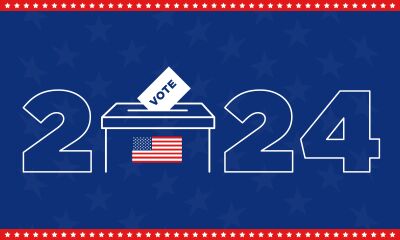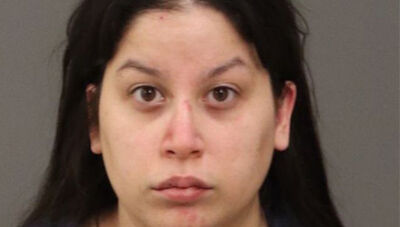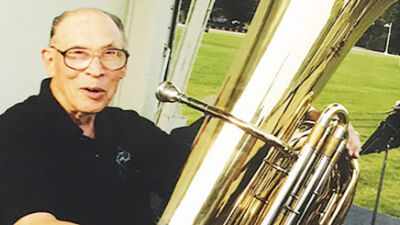WARREN — On Jan. 30, Democratic Macomb County Commissioner Mai Xiong and Republican Ronald Singer won their respective special primary elections for the District 13 seat in the Michigan House of Representatives left vacant by newly elected Warren Mayor Lori M. Stone.
According to unofficial results with 100% of the precincts reporting, Xiong received 3,933 (78.9%) of the total votes cast in the Democratic primary. LaMar Lemmons came in second with 743 votes (14.9%), followed by Suzanne Ostosh with 307 votes (6.2%).
On the Republican side, Singer led the field of candidates with 1,078 votes (62.9%). Brandon Cumbee came in second with 352 votes (20.5%), followed by Curtiss Ostosh with 283 votes (16.5%).
Xiong and Singer will next be on the ballot on April 16 when voters will be asked to determine who will fill the District 13 seat in the Michigan House of Representatives for a partial term ending Jan. 1, 2025.
District 13 includes parts of both Warren and Detroit. As a result, it is an election under the jurisdiction of Macomb and Wayne Counties. Therefore, votes from each county are counted and combined to determine the winner.
The counties go through a process of verifying and authenticating each vote before the voting results are deemed official.
“I am really grateful to the residents of the 13th House District for overwhelmingly choosing me to be their next state representative,” Xiong said after the primary win.
She will now prepare for the April special election.
“I have to remind voters and supporters that I am running for a partial term. I plan on running again in August and November,” Xiong said. “I look forward to campaigning the rest of the year and listening to voters and residents at the door to better serve.”
Attempts made to contact Singer were unsuccessful.
How we got here
Michigan Democratic Gov. Gretchen Whitmer issued a call for a special election to fill the District 13 seat vacated by Stone and the District 25 seat vacated by Westland Mayor Kevin Coleman, both Democrats, amid objections from Republicans in Lansing.
In January, Whitmer endorsed Xiong for the District 13 seat.
In a letter to Secretary of State Jocelyn Benson on Nov. 22, the governor cited the Michigan Constitution and Michigan election law to support her call for a special primary election on Jan. 30 and a special election on April 16.
“The Michigan Legislature had one of the most productive sessions in Michigan history thanks to Michiganders who elected leaders, like state representatives Coleman and Stone, to get things done on the issues that make a real difference in people’s lives,” said Whitmer in a November press release. “As we look ahead to 2024, these special elections will ensure that Michiganders in the 13th and 25th districts have representation in Lansing working for them as soon as possible. I look forward to working with the next representatives from these districts when voters elect them in the new year.”
Republican state Reps. Ann Bollin of Brighton Township and Mike Harris of Waterford categorized the Democratic governor’s call for a special election as “rushed, not prioritizing the people,” and as not following the same precedent when Republican seats are vacated.
“This move should raise some eyebrows, especially given the precedent of scheduling elections differently based on what way these districts swing along party lines. When three Republican House seats were vacant in late 2021, the governor scheduled those special elections for March and May of 2022. Why the sudden rush to fill the latest vacancies?” Bollin stated in a written release.
Harris expressed the additional toll it would take on the community.
“Far too often, politicians in Lansing disregard local viewpoints and undermine community needs,” Harris said in a written release. “Scheduling special elections on irregular dates will cost local governments in Metro Detroit, and the chaos of overlapping voting periods will heap burdens on local clerks, the area residents who work the polls, and voters.”
Harris added in the release, “The governor announced the special elections the day before the long Thanksgiving weekend, giving potential candidates only until Monday to file their paperwork.”
 Publication select ▼
Publication select ▼



























